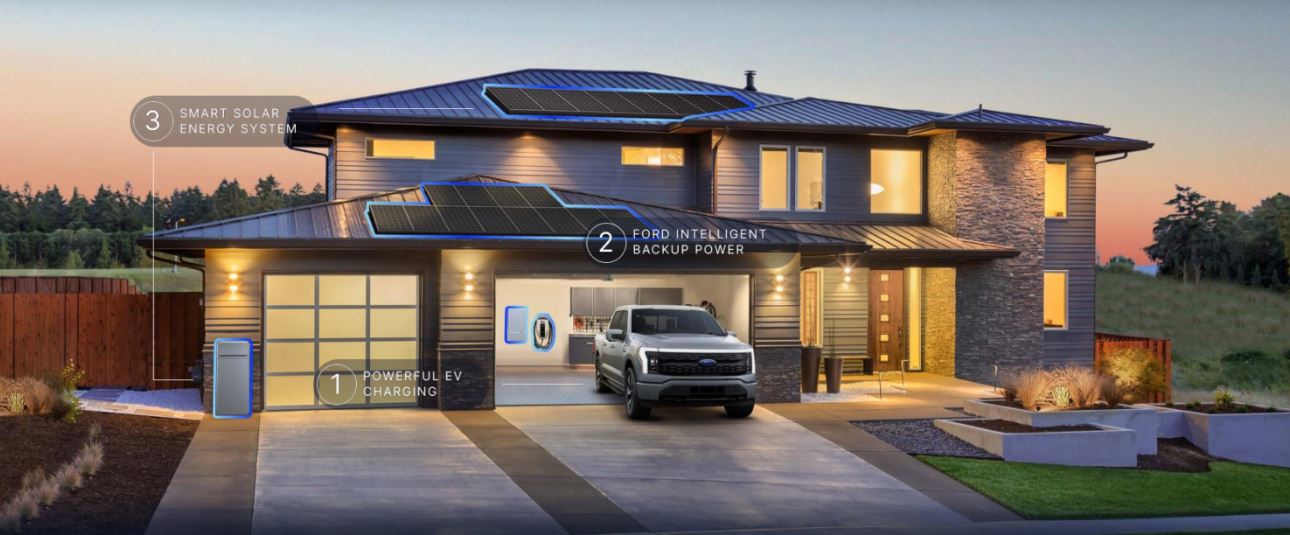This post may contain affiliate links, which means I may receive a commission from purchases made through these links. The reputation of Nexa is important; that’s why I will only recommend products I have personally reviewed or tested.
“Confluence of Electric Vehicles and Smart Home Systems: A Synergistic Revolution”
Table of Contents
- Introduction
- Powering up EVs on Auto-Pilot
- Scheduled Charging
- Adapting to Tariff Fluctuations
- Teaming up with Renewables
- Load-balancing for Smart Charging
- Mastering the Art of Energy Management and Optimization
- Participating in Demand Response Programs
- Making the Most of Time-of-Use
- Peak Shaving and Load Management
- Pairing with Battery Storage Systems
- Intelligence Meets Monitoring and Control
- Real-time Charging Updates
- Remote Monitoring and Control at your Fingertips
- Unlock your Charging Habits
- Maintenance Alerts
- Conclusion
Introduction
In the sweeping tide of electric vehicle (EV) ubiquity, the quest for ingenious solutions to supercharge the charging experience is intensifying. A frontier being charted? Fusion of EV charging infrastructure with the smart-home ecosystem. This coalescence opens a treasure trove of benefits, from charging on autopilot to expert energy stewardship and optimization. Let’s journey into the profound potential of this marriage between EV charging and smart home systems – a transformative ripple in the EV charging pond.
Powering up EVs on Auto-Pilot
What happens when you wed EV charging with smart home systems? Homeowners gain a formidable ally: automated charging. Let’s take a look at the highlights of this game-changing feature:
- Scheduled Charging: Set your preferred charging times, and let the system handle the rest. This personalization optimizes the use of off-peak electricity rates and aligns with your unique energy management goals.
- Adapting to Tariff Fluctuations: Smart homes track real-time electricity tariffs, dynamically adjusting your EV’s charging schedule. Thus, charging during off-peak hours helps homeowners optimize energy bills and utilize time-of-use pricing plans effectively.
- Teaming up with Renewables: Harness the power of renewable energy sources, like solar panels, to charge your EV. Smart home systems simplify this process, fostering environmentally friendly transportation.
- Load-balancing for Smart Charging: Enjoy optimal power distribution across all home appliances and devices, thanks to the smart home system’s ability to balance loads. This capability prevents overloading your home’s electric infrastructure while ensuring efficient charging.
Mastering the Art of Energy Management and Optimization
But the magic doesn’t stop at automated charging. With EV charging integrated into smart home systems, energy management becomes a piece of cake. Here’s a peek into what homeowners stand to gain:
- Participating in Demand Response Programs: Smart home systems enable homeowners to alter their charging patterns in line with grid demands, promoting grid stability and potentially earning utility incentives.
- Making the Most of Time-of-Use: With a smart home system, you can strategically plan your EV’s charging time, taking into account grid conditions and electricity tariffs. This optimization leads to savings on electricity costs and reduces strain on the grid.
- Peak Shaving and Load Management: Keep an eye on your home’s total electricity consumption and regulate EV charging rates to avoid exceeding the maximum power threshold. This mindful approach prevents unnecessary strain on your electrical infrastructure.
- Pairing with Battery Storage Systems: Use your home battery storage systems to power your EV charging. Store excess solar energy or low-cost electricity for later use, optimizing energy usage and fostering greater self-reliance.
Intelligence Meets Monitoring and Control
Uniting EV charging and smart home systems also brings the gift of smart monitoring and control. Here are some of the noteworthy benefits:
- Real-time Charging Updates: Stay updated with the charging status of your EV. Get real-time information about battery levels, charging rates, and the estimated time to reach a full charge.
- Remote Monitoring and Control at your Fingertips: Smart home systems provide mobile apps, enabling homeowners to alter charging settings and receive alerts about charging sessions from anywhere.
- Unlock your Charging Habits: With detailed data on energy consumption relating to EV charging, homeowners can gain insights into their habits, identify optimization opportunities, and make informed decisions to maximize energy efficiency.
- Maintenance Alerts: Smart home systems alert homeowners about any potential charging issues or faults, ensuring timely maintenance and avoiding unexpected disruptions or damage to the EV.
Conclusion
Summing up, the integration of EV charging with smart home systems holds the promise of an exhilarating redefinition of the EV charging journey. Harnessing the might of smart home technology, homeowners stand to reap the rewards of automatic charging, shrewd energy management, and optimization. The possibilities – from custom-scheduled charging and flexible tariff adjustments to load balancing and renewable energy integration – are endless. As the integration gathers momentum, homeowners can look forward to increased convenience, cost savings, and a greener approach to EV charging. There’s enormous potential in the confluence of electric car charging and smart home systems. It’s not just about charging anymore; it’s about a seamless, efficient, and intelligent charging ecosystem. The future beckons.


